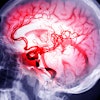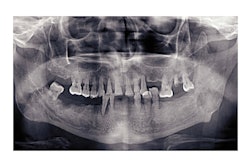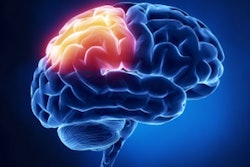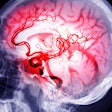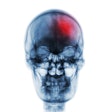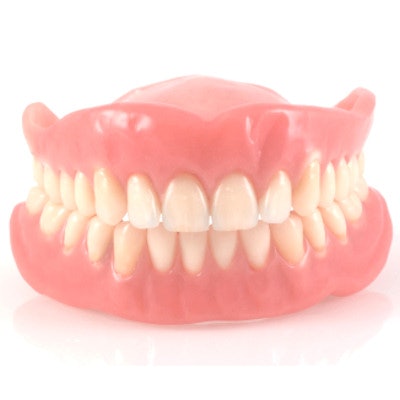
Missing teeth may be a risk factor for developing dementia, the researchers of a new study have found. The more teeth older adults were missing, the more likely they were to develop dementia, including Alzheimer's disease, in the next few years, according to their findings.
After noticing deficiencies in the methodology of previous studies, the researchers wanted to create a more scientifically sound study design. They followed thousands of Japanese adults over five years to study the association between missing teeth and dementia, and they published their findings in the Journal of the American Geriatrics Society (March 8, 2017).
"This prospective cohort study of an elderly Japanese population demonstrated an inverse association between number of remaining teeth and risk of development of all-cause dementia and [Alzheimer's disease] indicating that subjects with greater tooth loss were at greater risk of onset of dementia," wrote the authors, led by Kenji Takeuchi, DDS, PhD, an assistant professor at the Kyushu University dental school.
Healthy teeth, healthy mind?
Nearly 50 million people worldwide are living with dementia, and that number is expected to triple by 2050, according to the World Health Organization. However, despite being a prevalent condition, the causes of dementia are not well-understood. Because previous research has suggested a possible link between tooth loss and cognitive status, the researchers wanted to further study a potential association between missing teeth and dementia.
They began their study in 2007 by recruiting more than 1,500 Japanese participants, who lived in a suburb of Fukuoka. More than 85% of the town's residents age 60 and older participated in the study.
During 2007 and 2008, the researchers recorded the number of remaining teeth each participant had. For the next five years with the help of local healthcare workers, the team checked in daily on the participants and evaluated those with new neurological symptoms for dementia. About 350 participants were diagnosed with dementia and sorted by dementia type: all-cause dementia, Alzheimer's disease, and vascular dementia.
| Likelihood of developing dementia by number of remaining teeth | ||||
| 20+ remaining teeth | 10-19 remaining teeth | 1-9 remaining teeth | 0 remaining teeth | |
| Number of people | 893 | 348 | 204 | 121 |
| All-cause dementia | Reference | 2.09 risk ratio | 2.60 risk ratio | 3.83 risk ratio |
| Alzheimer's disease | Reference | 1.97 risk ratio | 2.66 risk ratio | 4.34 risk ratio |
| Vascular dementia | Reference | 3.40 risk ratio | 3.03 risk ratio | 3.38 risk ratio |
Participants who had fewer teeth at the initial evaluation were significantly more likely to develop dementia within five years. For all-cause dementia, this was true even after adjusting for potentially confounding variables, such as a history of stroke, alcohol intake, and dental visits. The researchers also found a significant association between having fewer teeth and developing vascular dementia and Alzheimer's disease; however, that association was not significant once adjusted for confounding variables.

The study authors hypothesized four reasons for why fewer teeth could be associated with an increased dementia risk:
“Tooth loss is a risk factor for the development of all-cause dementia and Alzheimer's disease in an elderly Japanese population.”
- Poor chewing from an abnormal bite may reduce blood flow to the brain, resulting in the development of dementia.
- Problems chewing food because of tooth loss can result in a poor diet, which may increase the risk for dementia.
- Chronic inflammation, which can cause tooth loss, also may lead to dementia.
- Poor oral health may indicate poor overall health over time, and poor overall health may be a risk factor for dementia.
"The findings emphasize the clinical importance of promoting and supporting opportunities for dental care and treatment, especially in terms of maintenance of teeth from an early age for reducing the risk of dementia," the authors wrote.
Advantages of a large study size
It is worth noting that, with the exception of those who died, the study had a 100% follow-up rate for participants during the five-year period. The authors were also able to confirm how accurate their dementia diagnoses were by performing autopsies on deceased participants.
Nevertheless, the study did have some drawbacks, most notably that it concentrated on one Japanese suburb, so the results may not be applicable to other populations. In addition, the authors pointed out that some other confounding variables, such as depression, may not have been measured.
However, the results still emphasize the need for future research to further study the link between tooth loss and dementia, including evaluating the reasons why an association exists.
"The present study demonstrated that tooth loss is a risk factor for the development of all-cause dementia and Alzheimer's disease in an elderly Japanese population," the authors concluded.
